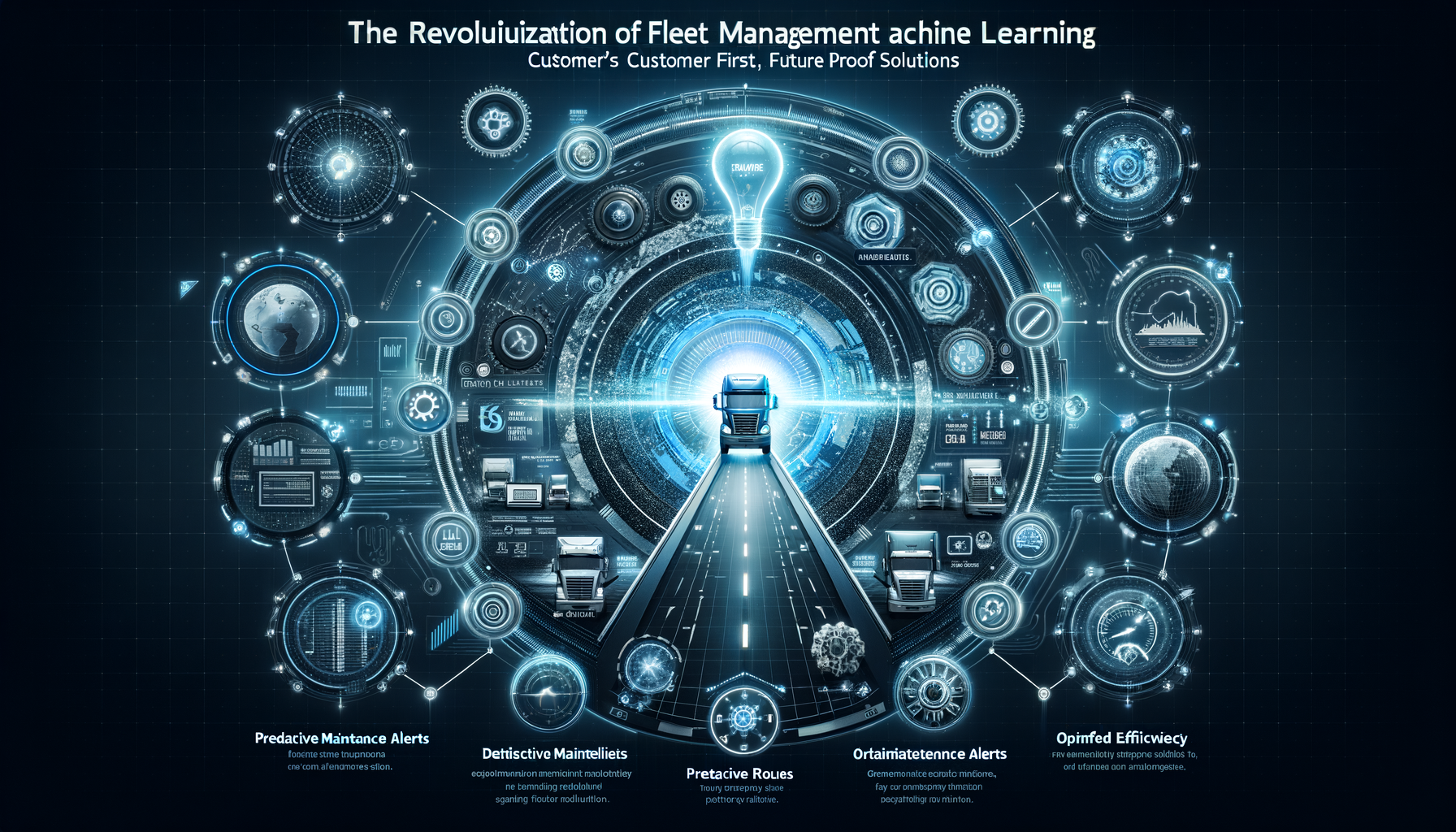Value through Results
Fleet Management Optimization
Move into GenerationAI
Optimizing Fleet Efficiency with Smart AI Integration
XYZ Logistics, a mid-sized transportation company, faced significant challenges in managing their expanding fleet as they grew. With an increasing number of vehicles, they struggled to maintain an efficient and cost-effective operation. Their traditional fleet management system was heavily reliant on manual processes, leading to inefficiencies such as suboptimal routing, frequent unplanned maintenance, and high operational costs. The management team realized these inefficiencies were affecting their bottom line and risking customer satisfaction due to delayed deliveries. Frequent vehicle breakdowns disrupted operations, and the lack of predictive maintenance capabilities meant higher unscheduled repair times and costs. The company also faced pressure from environmentally conscious clients to reduce their carbon footprint, yet they lacked the tools to monitor and optimize fuel efficiency and emissions effectively. In short, the lack of technological integration and outdated processes were hindering XYZ Logistics' ability to compete and grow sustainably in a fast-evolving logistics landscape.

Work with QuantalAI
Capabilities
Watch
5 Ways Cloud Computing is Revolutionizing SME Growth | API Connects
Are rising infrastructure costs holding your business back? Discover how cloud computing is transforming SMEs by slashing costs ...







